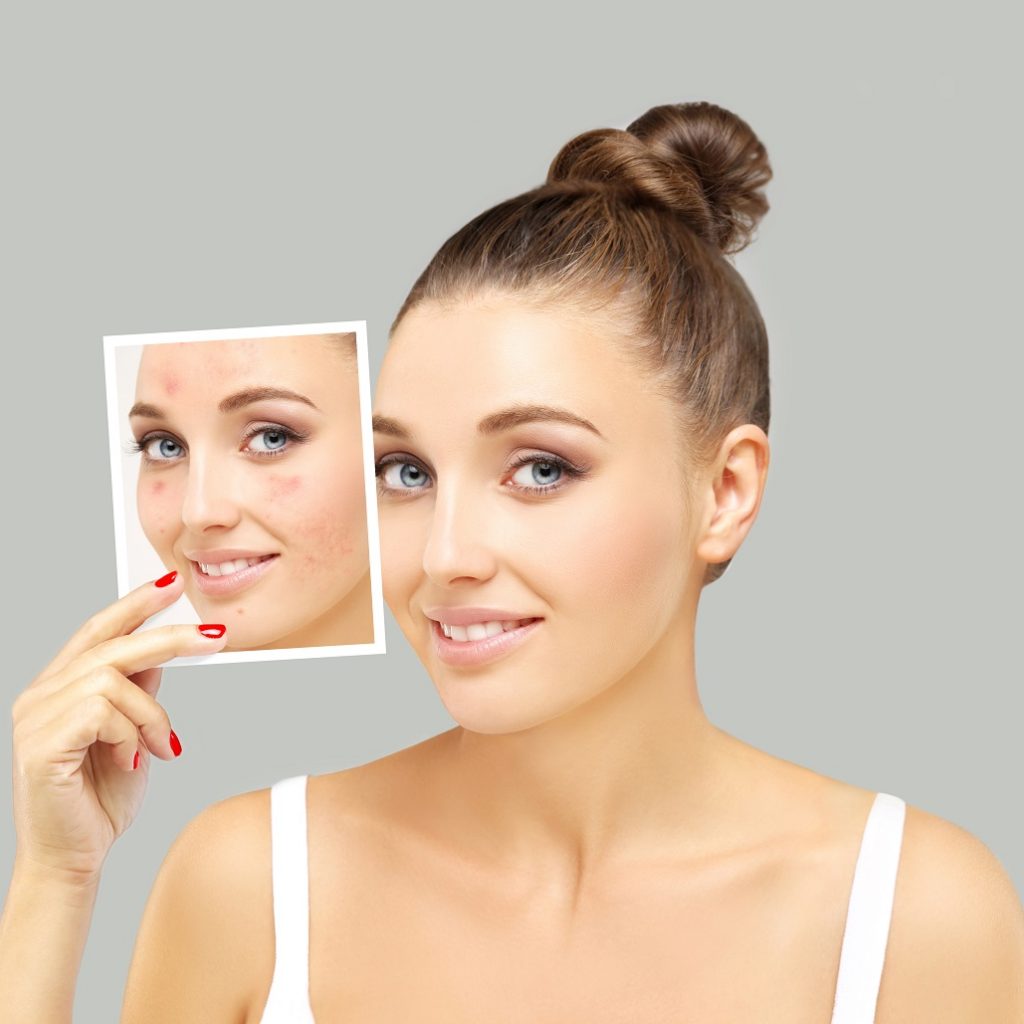Teenagers and adults find themselves dealing with pimples—some for most of their lives. The psychological effects of having acne could be significant, leading to anxiety, stress, and isolation. Aside from topical treatment, prescription medication from a trusted dermatologist in Salt Lake City or any other locations is helpful. It takes a number of weeks to a few months for treatments to be effective in severe acne cases.
What would a dermatologist advise for severe acne with recurring symptoms?
Oral antibiotics
When topical treatment does not improve symptoms, a doctor may prescribe oral antibiotics containing tetracycline. Usually, topical benzoyl peroxide can be used with oral antibiotics. Persons prescribed with the drug should avoid exposure to direct sunlight. Pregnant women and breastfeeding mothers could take oral antibiotics for acne, but the active ingredient is erythromycin, instead of tetracycline.
Isotretinoin
For some people, the symptoms do not improve with oral antibiotics. When antibiotics are losing their efficacy and when symptoms become severe, a doctor may prescribe Isotretinoin in pill form. A typical course of Isotretinoin lasts for 15 to 20 weeks. The course is effective for long-term treatment of severe or cystic acne, but there could be side effects given that the medication has systemic action—it affects the whole body. Some of the known side effects of Isotretinoin are nosebleeds, damage to the liver, joint pain, and dry skin.
A case of cystic acne
Cystic acne is characterised by cysts that become more inflamed as time goes on. The cysts are under the skin surface where they grow bigger and leave unsightly scars. Standard treatments for cystic acne include powerful topical agents and antibiotics and in some cases, hormonal treatment and steroid injections.
If you see one or two cysts growing, you can start with over-the-counter treatments and see how it works out. However, if there are more than two cysts, you better set an appointment with a dermatologist. Some dermatologists choose to inject steroids directly into one lesion. This dries out quickly and efficiently. The risk for scarring is high in poorly managed cystic acne. These scars will mark you for life, and therefore, you get effective interventions as soon as possible.
Pimple formation basics
It all starts with a blocked pore. A skin pore becomes blocked when dead skin cells and oil accumulate. When the pore is sealed, the bacteria that is naturally occurring on skin proliferate. This causes inflammation, which characterizes pimples. As the inflammation progresses, a small lesion could develop into a papule, which is what you have to deal with in cystic acne.
Effective interventions can arrest the growth and spread of pimples and cystic acne. Still, it helps to be proactive in preventing the lesions from developing in the first place.
Pimple prevention

Aside from washing and cleaning your face regularly, you should manage stress better. Cortisol, a stress hormone, is known to increase inflammatory reactions in the body. Cortisol is known to stimulate oil glands. Keeping calm and dealing with stress in a healthy manner should lower the risk for pimple formation.
For pimple prevention, doctors advice lowering salt intake in your daily meals. The advice is associated with the possible effects of iodine in table salt in pimple formation. Evidently, keeping a low salt intake is not only good for blood circulation but for your skin as well.
